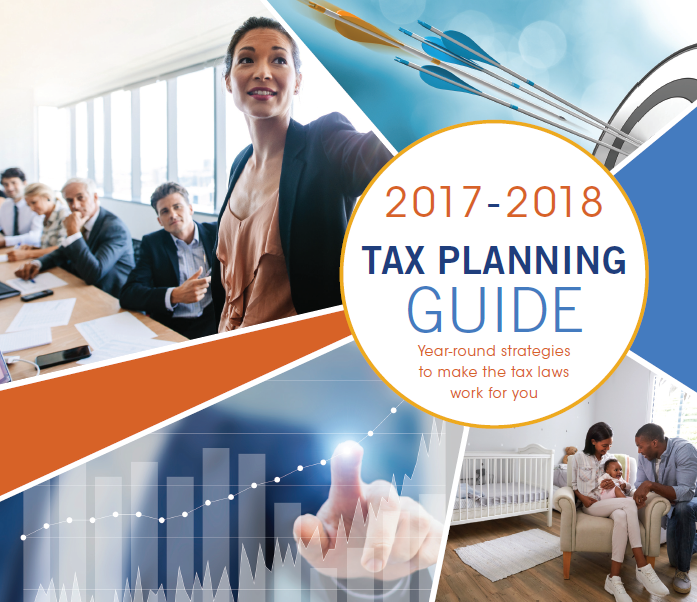
We have moved! Please visit us at our new location at 134 Sipe Avenue, Hummelstown, PA 17036.


Browser our newsletters for additional information.
Publications

RS, State, & Revenue Office sites
- IRS Forms
- Internal Revenue Service
- PA Department of Revenue
- Social Security Administration
- Social Security Benefits Planner
- US Department of Labor
- PA Department of Labor and Industry
- PA DCED
Useful Forms
2025 Standard Mileage Rates
| Purpose | Rates per Mile |
| Business | 70 cents |
| Medical/Moving | 21 cents |
| Charitable | 14 cents |
2024 Standard Mileage Rates
| Purpose | Rates per Mile |
| Business | 67 cents |
| Medical/Moving | 21 cents |
| Charitable | 14 cents |
Check It Out!
Check out the article in PICPA CPA Now by Greg Kashella, published November 2021, Enhanced Financial Statement Disclosures for Small Businesses.
Check out the article in the Central Penn Business Journal, Women Who Lead, March 2019 article featuring our partner Jori Culp
Tax-Related Identity Theft
The IRS combats tax-related identity theft with aggressive strategies of prevention, detection and victim assistance. To find out more about tax-related identity theft call our office or visit https://www.irs.gov/identity-theft-fraud-scams/identity-protection for information and guidance.
Remember that the IRS will never contact you by electronic means. This includes emails, phone calls, text messages, or social media channels. If you are ever in doubt whether contact by someone claiming to be from the IRS is legitimate, call our office first for verification.

A new year brings many new tax-related figures for businesses. Here’s an overview of key figures for 2026. Be aware that exceptions or additional rules or limits may apply.
Depreciation-related tax breaks
- Bonus depreciation: 100%
- Section 179 expensing limit: $2.56 million
- Section 179 phaseout threshold: $4.09 million
Qualified retirement plan limits
- 401(k), 403(b) and 457 plan deferrals: $24,500
- 401(k), 403(b) and 457 plan catch-up contributions for those age 50 or older: $8,000
- 401(k), 403(b) and 457 plan additional catch-up contributions for those age 60, 61, 62 or 63: $3,250
- SIMPLE deferrals: $17,000
- SIMPLE catch-up contributions for those age 50 or older: $4,000
- SIMPLE additional catch-up contributions for those age 60, 61, 62 or 63: $1,250
- Contributions to defined contribution plans: $72,000
- Annual benefit limit for defined benefit plans: $290,000
- Compensation defining highly compensated employee: $160,000
- Compensation defining key employee (officer) in a top-heavy plan: $235,000
- Compensation triggering Simplified Employee Pension contribution requirement: $800
Other benefits limits
- Health Savings Account (HSA) contributions: $4,400 for individuals, $8,750 for family coverage
- Health Flexible Spending Account (FSA) contributions: $3,400
- Health FSA rollover: $680
- Child and dependent care FSA contributions: $7,500
- Employer contributions to Trump account: $2,500
- Monthly commuter highway vehicle and transit pass: $340
- Monthly qualified parking: $340
Miscellaneous business-related limits
- Income range over which the Section 199A qualified business income deduction limitations phase in: $201,750 – $276,750 (double those amounts for married couples filing jointly)
- Threshold for the excess business loss limitation: $256,000 (double that amount for joint filers) — note that this is a reduction from 2025
- Limitation on the use of the cash method of accounting: $32 million (also affects other tax items, such as the exemption from the 30% interest expense deduction limit)
Planning for 2026
We can help you factor these changes and others into your 2026 tax planning. Contact us to get started.
© 2025






